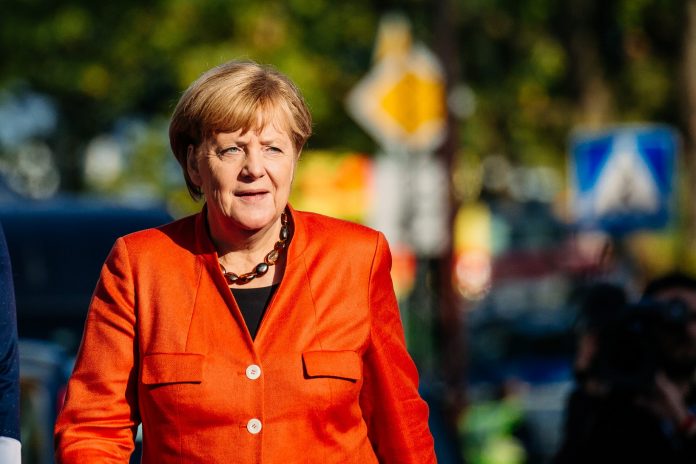In the ongoing standoff between Russia and Ukraine over three Ukrainian ships seized by Russia on November 25, Germany has taken sides. Chancellor Angela Merkel condemned Russia.
However, Merkel did not threaten any further action against Russia, either in terms of military aid or sanctions.
As reported by Deutsche Welle (DW), Germany’s international broadcaster, Ukrainian President Petro Poroshenko wants more than nice words from Germany.
Taking an even harsher stance, Ukraine took to Bild newspaper to ask Merkel to send navy ships to the Sea of Azov “to provide security,” and accused Russia of wanting “nothing less than to occupy the sea”.
Speaking at the third German-Ukrainian Economic Forum on November 28, Merkel did not offer any direct answer to Poroshenko’s request. Instead, the chancellor reaffirmed Germany’s commitment to Ukraine, and put the blame for the current crisis squarely on Russian President Vladimir Putin.
Merkel explained that Russia and Ukraine approved a shipping treaty in 2003 that grants both countries full use of the Kerch Strait leading into the Sea of Azov, although both sides also have rights of inspection in the waters. A bridge that Russia built to the annexed Crimean Peninsula has impeded the free movement of ships.
“Since this bridge was opened in May this year, shipping conditions have worsened,” Merkel complained. “Of course, I want the facts of what happened to be put on the table, that the soldiers are set free, and that their confessions aren’t forced out of them, as we saw on TV now.”
Speaking before Merkel at the forum, Ukrainian Prime Minister Volodymyr Groysman condemned “Russian aggression”. He said, “This is now the fifth year that Russia has disregarded international law.”.
The Minsk Protocol of September 2014, agreed on by Russia, Ukraine, and separatists in Donetsk and Luhansk, secured a ceasefire, but it is regularly broken by both sides, and the conflict is still claiming the lives of an average of one soldier a day. “The Minsk agreement prevented constant further escalations in the last few years, but it did not get us any closer to a political solution, and it did not get Ukraine access to its actual borders,” Merkel said.

